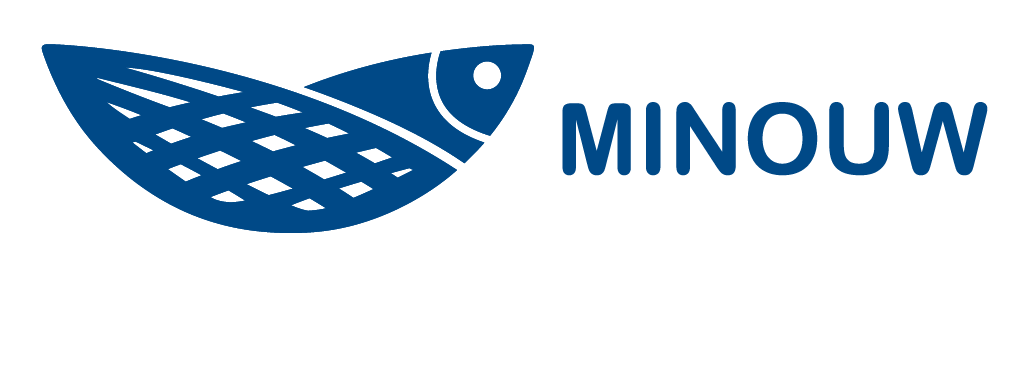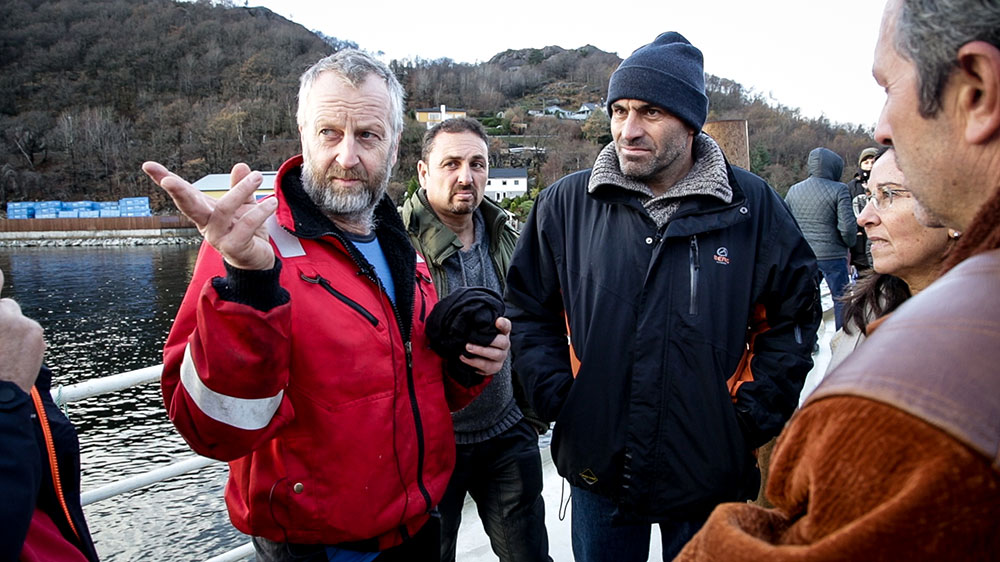Building sustainable, profitable fisheries in the Mediterranean will require the development and implementation of successful management plans. Evidence repeatedly shows that adopting a co-management model - where these plans are developed in consultation with the fishers who will be affected - is by far the most effective approach for achieving this.
Cooperation between scientists, fishermen and policy-makers brings solutions
According to the OECD, co-management is “a process of management in which government shares power with resource users, with each given specific rights and responsibilities relating to information and decision-making.” Research has shown that fishers in the Mediterranean have used co-management informally for decades (Jentoft 2003), but it has only recently been taken up as a concept in fisheries management.
MINOUW adopted this philosophy as a founding principle, and getting all actors, including scientists, NGOs, fishers and policy makers, to work together and share knowledge as equals became the foundation to the project. Marco Costantini, Fisheries Manager for the WWF Mediterranean, explained this multi-participatory approach: “We are catalysing the relationship between the fishermen, the administrators and the scientists because what we really would like to see is the exchange of ideas within these groups of stakeholders.”
Views of fishers are too often excluded by policy makers
Management plans for fisheries are often developed with a top-down approach which overlooks fishers, despite their expertise with the issues at stake. This has a massive drawback. When fishers are not consulted on decisions which directly impact their work and livelihood, they are rarely committed to implementing or enforcing them, instead seeing them as an unjustified imposition. It is not possible to build or implement effective fisheries management plans, and ensure the sustainability of the marine environment, without the inclusion and cooperation of fishers in management planning.
Involving fishers improves outcomes
From the very beginning of the MINOUW project we knew that success would depend on engaging all stakeholders successfully. Our workshops gave fishers a key role in identifying and evaluating possible solutions to the implementation of the Landing Obligation, and then testing these solutions. Employing co-management principles meant that fishers were keen to work with our scientists, and helped build an increased sense of ownership of the project and its outcomes among fishers. Research continually shows that adopting this cooperative approach and philosophy delivers more successful outcomes for fisheries management.
For example, the Catalan Sand Eel Co-management Committee, established in April 2012, includes fishermen, scientists, two NGOs (WWF and Greenpeace), the Catalan regional government and the central Spanish government. Each participant carries equal authority in the monthly committee meetings to set target catches and treatments for the Catalan sand eel. With all voices treated as equal, there is ‘a very high adherence to the rules’ as these are seen to be legitimate, rather than imposed from the outside. In 2013, after only one year, this committee received the WWF Award for conservation merit because of their protection of sand eel stocks.
In the Balearic islands, MINOUW worked in the transparent goby fisheries with a team of administrators, local fishers, researchers and NGOs, including WWF, to protect the sustainability of the fisheries. This team established a daily quota for sustaining the sales prices in 22 of the species caught. Together, they set limits on the number of fishing licenses to be given, the number of fishing hours and days to be used, and the maximum fishing depth to be used in achieving the quota.

“In May 2018, the government of Catalonia adopted a decree on the governance model for commercial fisheries that sets multi-stakeholder co-management as the general approach to fisheries management in the country.”
Sergi Tudela, the Director General of Pesca i Afers Marítims
The success of these and other projects has led the Catalan regional government to adopt the co-management model as official fisheries policy. Sergi Tudela, the Director General of Pesca i Afers Marítims, explained: ‘In May 2018, the government of Catalonia adopted a decree on the governance model for commercial fisheries that sets multi-stakeholder co-management as the general approach to fisheries management in the country.”
Fishers must be part of the decision making process
To build a sustainable future for fisheries in the Mediterranean more national and regional management plans should consider following the example of the the Catalan model. Fishers must be part of the decision making process: without their voice the legitimacy and enforcement of any new regulations can be questioned, and can face opposition. Ensuring all stakeholders work together is the only way to develop practical management plans and ensure productive, profitable and sustainable fisheries for the future.
Additional information
http://minouw-project.eu/wp-content/uploads/2018/07/Balearic-Islands-boat-seine-fisheries-the-transparent-goby-fishery-an-example-of-co-management.pdf
http://www.europarl.europa.eu/cmsdata/115929/SAINZ-TRAPAGA.pdf - The Catalan decree
https://www.researchgate.net/publication/262418590_The_co-management_of_the_sand_eel_fishery_of_Catalonia_NW_Mediterranean_The_story_of_a_process



